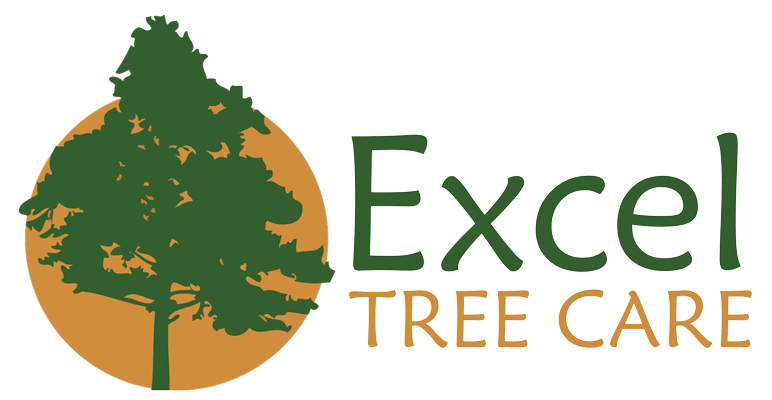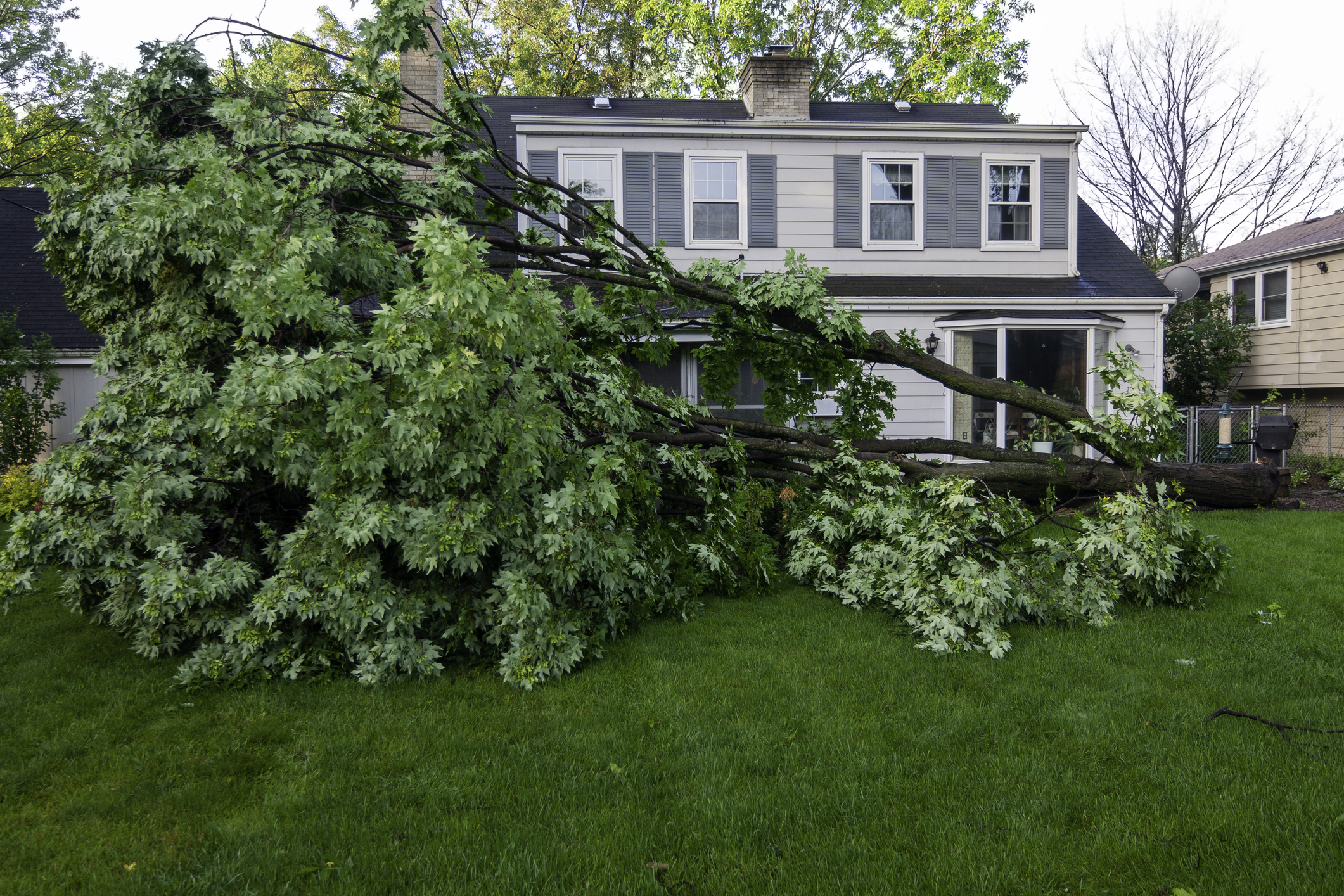Trees, while magnificent, can sometimes become hazardous due to factors beyond anyone’s control. Factors such as weather events, soil conditions, and disease can weaken a tree’s structural integrity, making it prone to falling. Determining responsibility for a fallen tree is influenced by the circumstances surrounding the incident.
Scenario 1: Tree on Your Property Falls on Your Property
When a tree located on your property falls and causes damage exclusively to your property, the responsibility typically rests with you. It underscores the importance of proactive tree care and routine inspections to identify potential risks before they escalate into dangerous situations. Regular maintenance not only enhances the tree’s health but also reduces the likelihood of unexpected tree falls.
Scenario 2: Tree on Your Property Falls onto a Neighbor’s Property
If a tree on your property falls onto a neighbor’s property, the line between “act of God” and negligence comes into play. Acts of God, such as lightning strikes or extreme storms, are considered unforeseeable events, often absolving property owners of responsibility. However, if neglect in tree care—like ignoring signs of decay or overgrowth—contributed to the tree’s fall, liability could shift.
Scenario 3: Neighbor’s Tree Falls onto Your Property
When a tree from your neighbor’s property encroaches onto your land and subsequently falls, determining responsibility is nuanced. In cases where the tree was healthy and its fall was due to an act of God, your neighbor might not be held responsible. However, if the tree was in poor condition and proper maintenance was ignored, your neighbor could be deemed liable for any damage caused.
The Role of Negligence and Maintenance
Negligence often emerges as a pivotal factor in assigning responsibility for a fallen tree. Regular tree maintenance is not merely a matter of aesthetics; it’s a critical step in preventing accidents. Neglecting routine inspections, ignoring visible signs of instability, and disregarding pruning needs can all contribute to hazardous situations. As professionals in the field, we stress the importance of consistent maintenance to mitigate potential risks and ensure the safety of your property and loved ones.
Maintaining a Legal Perspective
The legal implications of a fallen tree can be intricate and vary based on jurisdiction. If negligence is proven, the responsible party could be held accountable for property damage, cleanup expenses, and even personal injuries. Familiarizing yourself with local ordinances and seeking legal counsel when necessary can provide valuable insights into your rights and responsibilities.
Prevention: The Ultimate Solution
At Excel Tree Care, we advocate for prevention as the most effective strategy. Regular tree care not only minimizes the chances of fallen trees but also extends the lifespan of these natural wonders. Proper pruning, addressing diseases and pests promptly, and assessing structural integrity are all integral components of responsible tree ownership.
Call The Experts at Excel Tree Care
In the intricate world of fallen trees and their associated responsibilities, understanding the distinctions of property ownership, negligence, and acts of nature is crucial. As property owners, it’s important to maintain the trees on our land and take proactive measures to prevent hazards. If you find yourself in a situation involving a fallen tree, consulting a professional tree care removal service like Excel Tree Care can provide expert solutions to navigate the issue quickly and effectively. Call us today at (404) 964-6508 for a free estimate. Our fully licensed and insured team is standing by to assist you 24/7.

